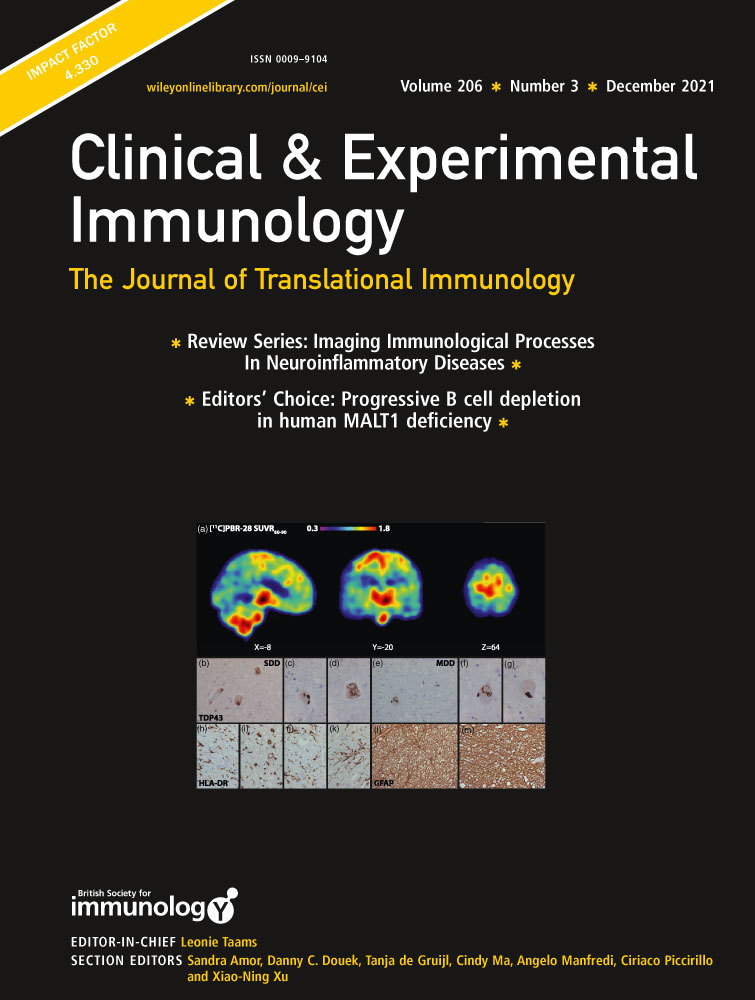Gram-negative bacteria induce proinflammatory cytokine production by monocytes in the absence of lipopolysaccharide (LPS)
Abstract
Tumour necrosis factor-alpha (TNF-α), IL-1α and IL-6 production by human monocytes in response to a clinical strain of the Gram-negative encapsulated bacteria Neisseria meningitidis and an isogenic lpxA− strain deficient in LPS was investigated. Wild-type N. meningitidis at concentrations between 105 and 108 organisms/ml and purified LPS induced proinflammatory cytokine production. High levels of these cytokines were also produced in response to the lpxA− strain at 107 and 108 organisms/ml. The specific LPS antagonist bactericidal/permeability-increasing protein (rBPI21) inhibited cytokine production induced by LPS and wild-type bacteria at 105 organisms/ml but not at higher concentrations, and not by LPS-deficient bacteria at any concentration. These data show that proinflammatory cytokine production by monocytes in response to N. meningitidis does not require the presence of LPS. Therapeutic strategies designed to block LPS alone may not therefore be sufficient for interrupting the inflammatory response in severe meningococcal disease.




